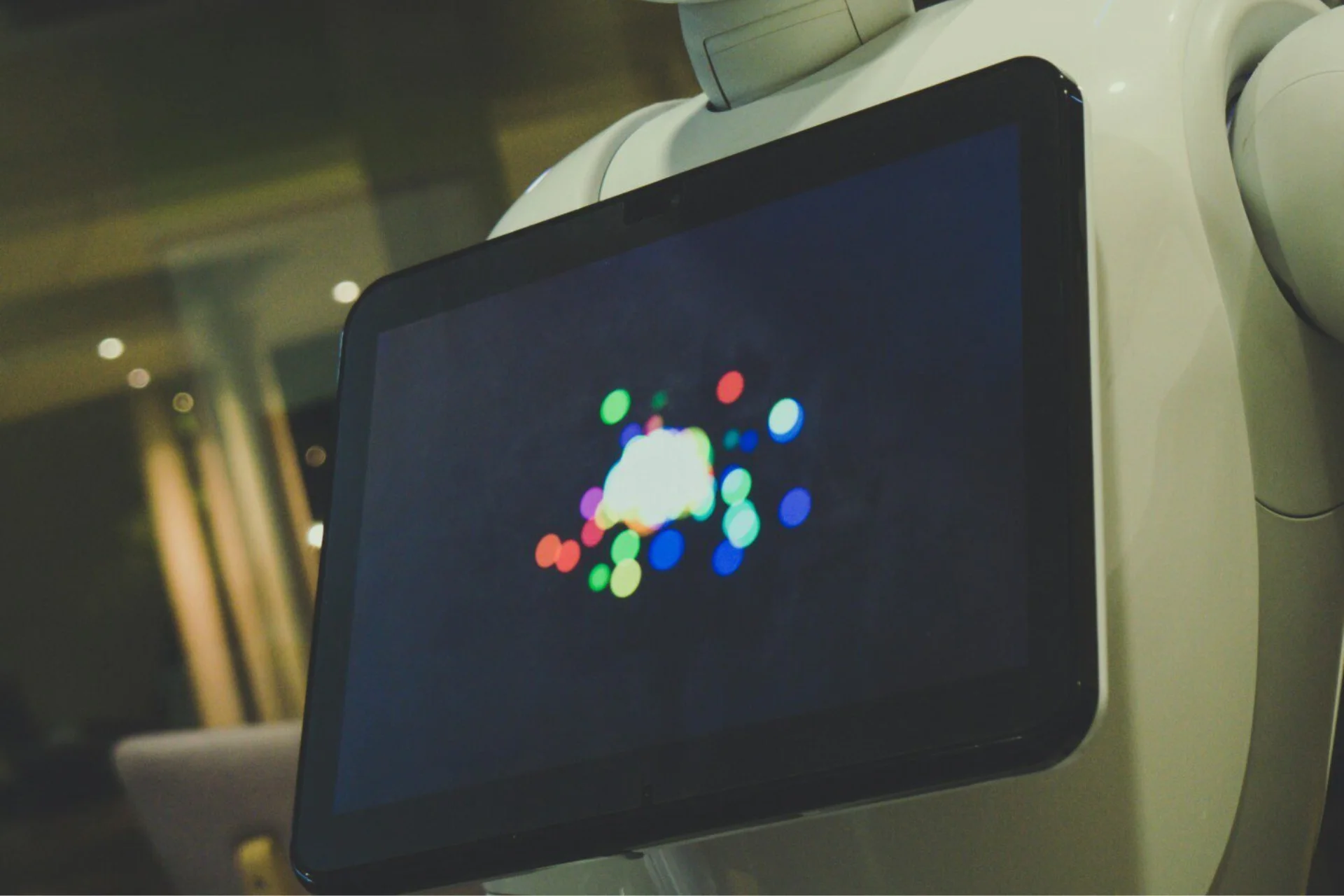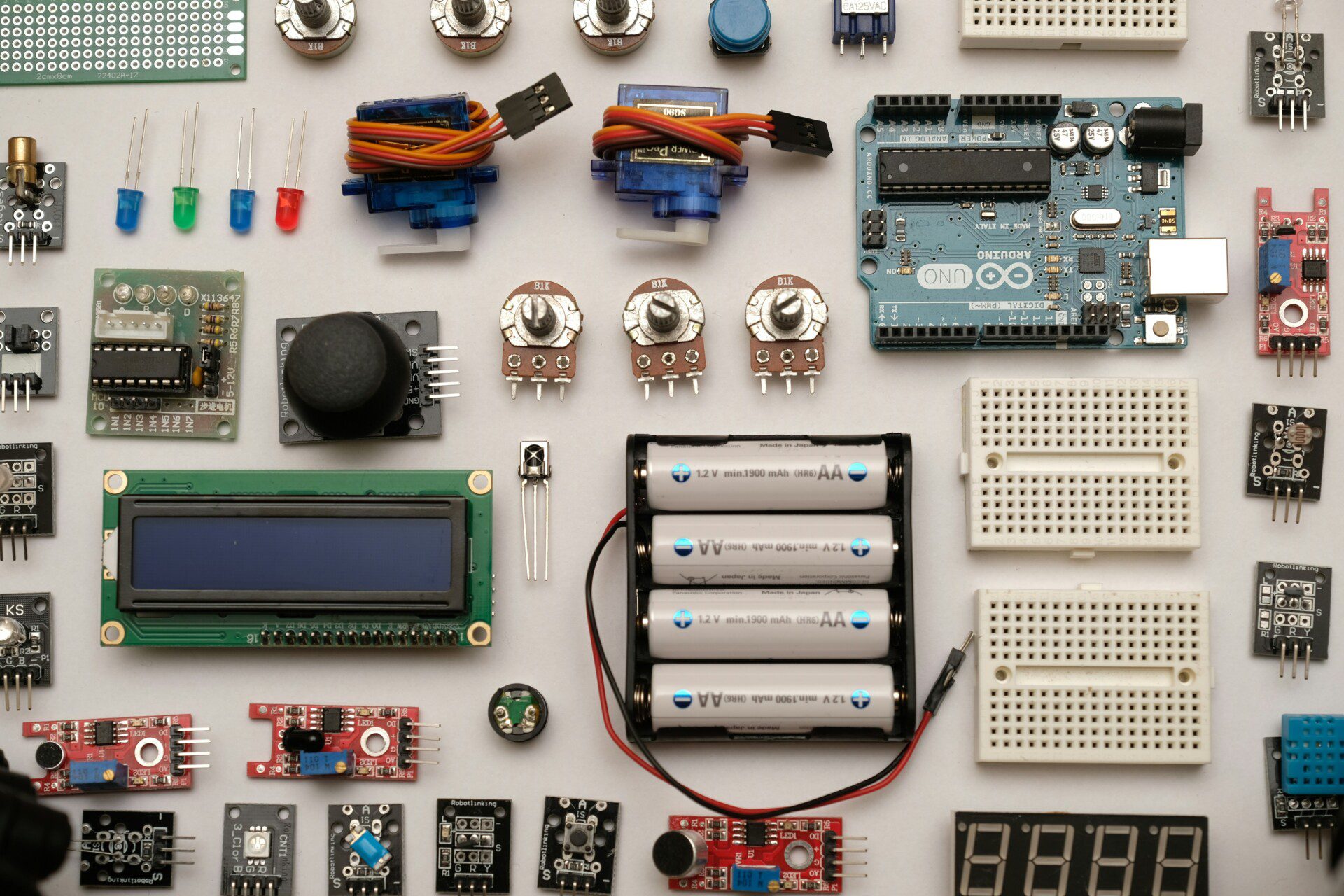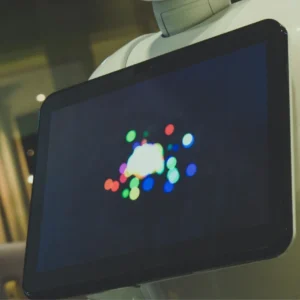Artificial Intelligence (AI)
In recent years, artificial intelligence (AI) has emerged as a transformative technology, revolutionizing various industries and reshaping the way we live and work. With advancements in machine learning, natural language processing, and robotics, AI is becoming increasingly sophisticated and capable of performing complex tasks that were once thought to be exclusive to human intelligence.
Table of Contents 📌
The Latest Developments in AI
One of the most exciting developments in AI is the progress made in deep learning algorithms. Deep learning, a subset of machine learning, mimics the human brain’s neural networks to analyze and interpret vast amounts of data. This has led to significant breakthroughs in image and speech recognition, natural language processing, and autonomous decision-making.
Another area of AI that has seen significant advancements is robotics. Robots are no longer confined to factory floors; they are now being used in healthcare, agriculture, logistics, and even customer service. With the ability to perform tasks with precision and efficiency, robots are transforming industries and improving productivity.
Furthermore, AI-powered virtual assistants, such as Siri, Alexa, and Google Assistant, have become an integral part of our daily lives. These virtual assistants use AI algorithms to understand and respond to human commands, making our interactions with technology more seamless and intuitive.
The Impact of AI on Various Industries
AI has the potential to revolutionize a wide range of industries, including healthcare, finance, transportation, and manufacturing.
Healthcare
In the healthcare industry, AI is being used to improve diagnostics, drug discovery, and patient care. AI algorithms can analyze medical images and detect abnormalities with greater accuracy than human doctors, leading to earlier and more accurate diagnoses.
Additionally, AI-powered chatbots are being used to provide personalized healthcare advice and support to patients.
Finance
In the finance industry, AI is transforming the way financial institutions operate. AI algorithms can analyze vast amounts of financial data in real-time, helping to detect fraudulent activities, predict market trends, and automate trading processes.
AI-powered chatbots are also being used to provide customer support and personalized financial advice.
Transportation
In the transportation industry, AI is driving the development of autonomous vehicles. Self-driving cars are being tested and deployed in various cities around the world, with the potential to reduce accidents, improve traffic flow, and enhance mobility for individuals who are unable to drive.
AI algorithms are also being used to optimize route planning and logistics in the transportation and logistics sector.
Manufacturing
In the manufacturing industry, AI is revolutionizing production processes and supply chain management. AI-powered robots can perform repetitive and dangerous tasks with precision and speed, leading to increased efficiency and productivity.
AI algorithms are also being used to optimize inventory management and predict maintenance needs, reducing downtime and improving overall operational efficiency.
The Ethical Considerations of AI
While the advancements in AI offer immense potential, there are also ethical considerations that need to be addressed. AI systems are only as good as the data they are trained on, and biases in the data can lead to biased decisions. It is crucial to ensure that AI algorithms are fair, transparent, and accountable to prevent discrimination and unintended consequences.
Additionally, there are concerns about job displacement due to automation. As AI continues to advance, some jobs may become obsolete, requiring individuals to acquire new skills to remain employable. It is essential to invest in retraining and upskilling programs to ensure a smooth transition to an AI-driven economy.
The Future of AI
The future of AI is promising, with endless possibilities for innovation and transformation. As AI continues to evolve, we can expect to see advancements in areas such as personalized medicine, smart cities, and human-robot collaboration. However, it is important to approach the development and deployment of AI with caution and responsibility, ensuring that it benefits society as a whole. AI is poised to reshape various industries and revolutionize the way we live and work.
With the latest developments in deep learning, robotics, and virtual assistants, AI is becoming increasingly sophisticated and capable. Its impact on industries such as healthcare, finance, transportation, and manufacturing is already evident, and the future holds even more possibilities.
However, it is crucial to address the ethical considerations and ensure that AI is developed and deployed responsibly. The future of AI is bright, and it is up to us to harness its potential for the benefit of humanity.
For more useful contents, please check our blog: www.treeandshadow.com/blog
IMPORTANT DISCLAIMER: This article is intended to provide a general guide/info only, NOT an advice/suggestions!
All the best!
TREE & SHAÐOW
~ BY SHOPPER FOR SHOPPER ~
www.facebook.com/treeandshadow













